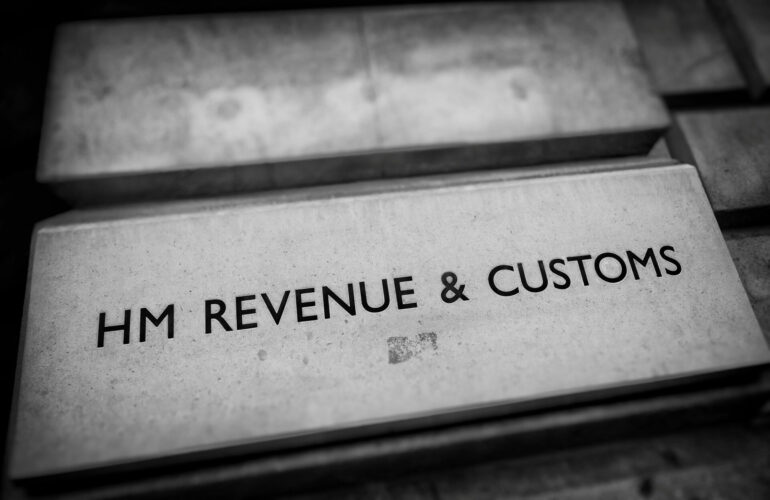The latest HMRC data finds that inheritance tax receipts for April 2022 to August 2022 are £2.9 bn, which is £0.3bn higher than in the same period a year earlier.
Receipts totalled £576m in August 2022 as 2022/23 looks set to post another record year of IHT receipts as it nears half the total of 2021/22 (£6.1bn) after just five months.
All five months in the current tax year have seen receipts surpass half a billion pounds for the first time ever.
Stephen Lowe, group communications director at retirement specialist Just Group, said: “With a new, self-professed low-tax administration in government, there’s one tax that delivers bumper returns for the Treasury – inheritance tax. Frozen tax thresholds and rising property prices have combined to create a ready flowing source of cash for the government from this often-overlooked tax.
“Our recent analysis found that over 55s have seen their property wealth grow by £1bn a day between the start of the pandemic and June 2022, reaching a total value of around £4.4trn. It’s likely many homeowners are unaware of the tax sting in the tail of this property windfall.
“With the Nil Rate Bands – the size of the estate that can be left without paying any inheritance tax – set to remain frozen until 2026 it is increasingly likely that a higher proportion of estates will trip into the threshold over the coming years. It is important that people regularly assess the full value of their estate so they get a clear picture of whether inheritance tax will affect them and understand what steps they can take to mitigate it.
“For some people, options such as lifetime mortgages may be a good option to unlock a portion of the wealth tied up in bricks and mortar. Passing on this wealth through ‘living inheritances’ allows people to see the benefit for recipients particularly if it helps loved ones through the current cost-of-living crisis, and it can minimise the inheritance tax payable on their estates.
“Professional, regulated advice can provide invaluable help for people in working out how to manage their finances in later life, including how the value tied up in their property may impact their estate planning.”




